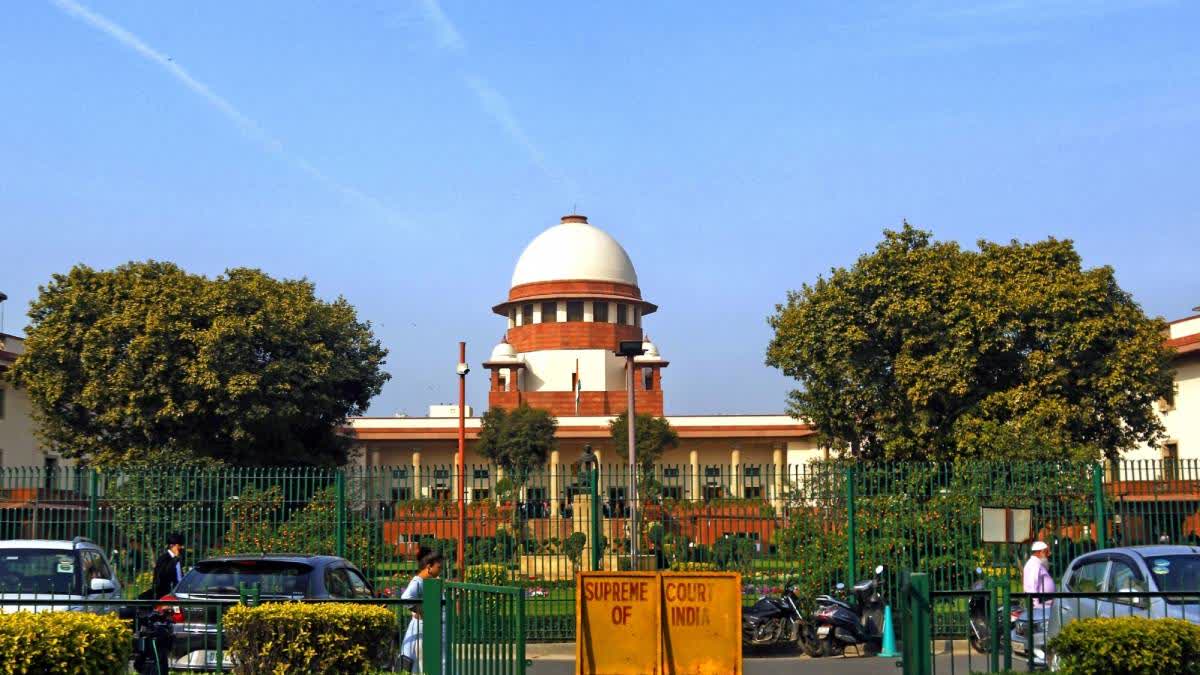New Delhi:The parents of a 30-year-old man, who has been in a vegetative state for over 11 years following a severe head injury, were reeling under immense stress for the care of their offspring. They were stricken by poverty due to shouldering a mammoth financial burden of the prolonged treatment of their son Harish Rana.
Fraught with anxiety over the future of their son, they finally decided to move the apex court against a Delhi High Court order refusing a nod for passive euthanasia. However, former Chief Justice of India D Y Chandrachud came to their rescue on his last day at the highest seat of the judiciary.
On November 8, a bench led by Chandrachud approved a plan of the central government to provide medical and other care to Rana. The apex court noted that a petition under Article 226 of the Constitution was instituted before the Delhi High Court seeking a direction to constitute a medical board to examine the health condition of the petitioner who is in a permanent vegetative state and to facilitate the administration of passive euthanasia. The petitioner is stated to suffer from a 100 per cent disability with Quadriplegia--complete paralysis of both the arms and legs especially as a result of spinal cord injury or disease in the region of the neck.
On August 20, while issuing a notice to the Centre, the apex court asked additional solicitor general Aishwarya Bhati to explore alternative solutions for providing adequate care to the petitioner. "A status report has been submitted before this court by the under secretary to the Government of India in the Ministry of Health and Family Welfare. Annexure of the status report contains a report of the central government in the matter," the bench said in its order on November 8.
The government proposed home care for Harish with assistance from the Uttar Pradesh government. It mentioned regular visits by a physiotherapist and a dietician, medical officer on call, nursing care provision at home, and availability of all required medicines and consumables free of cost. "If home care is not feasible, shifting Harish Rana to the district hospital, Noida, to ensure the availability of proper medical care considering his health condition. Support from NGOs, if deemed fit, may also be considered," the report said.
